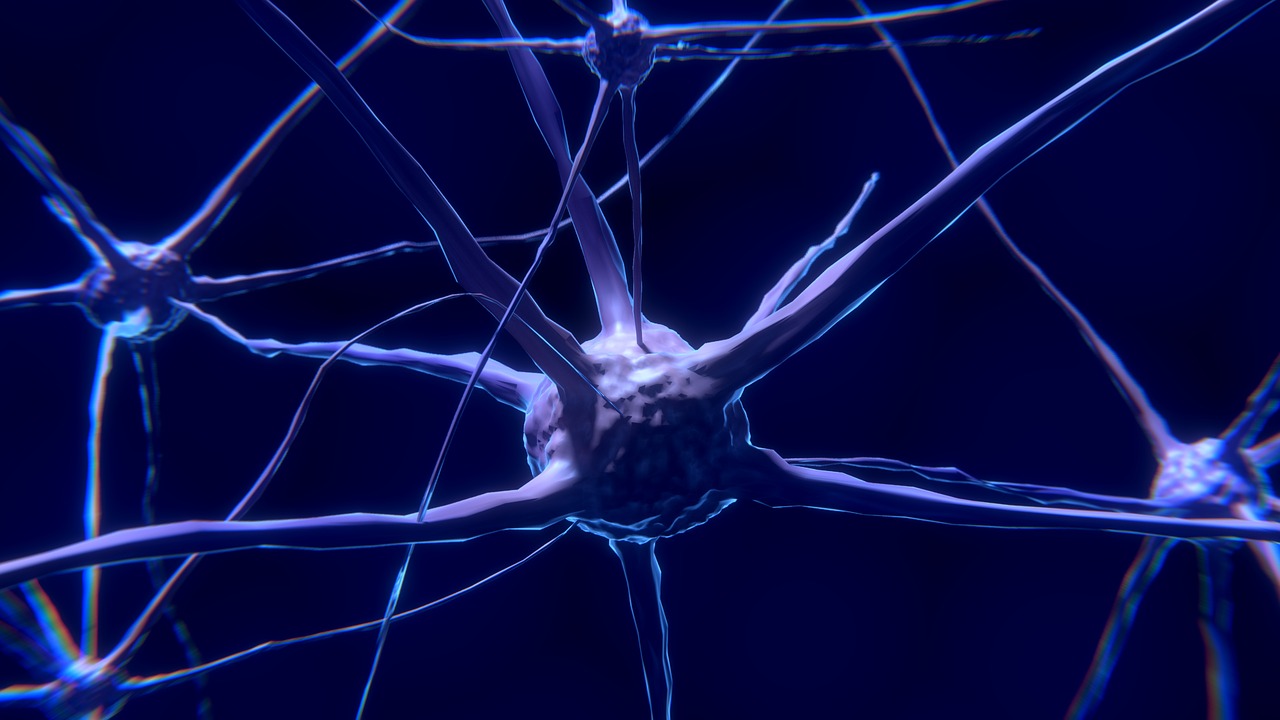
An international collaboration led by Flinders University has identified a potential biomarker for amyotrophic lateral sclerosis (ALS), also known as Motor Neuron Disease (MND), providing a way to test the effectiveness of future clinical trials.
Published in the journal European Journal of Neurology, the team identified that the concentration of neopterin – a small molecule released by immune cells in response to inflammation and secreted in urine – increased as ALS/MND progressed.
“The lack of biomarkers for ALS/MND that can be used to determine if drugs are working poses a major obstacle to therapy development,” says Associate Professor Mary-Louise Rogers, Head of the MND&NR laboratory at the Flinders Health and Medical Research Institute, who led the research alongside Professor Michael Benatar from the University of Miami, USA.
“For this reason, the discovery and validation of potential disease progression biomarkers has been one of the top priorities in ALS/MND research.”

In keeping with Associate Professor Rogers passion to develop the next generation of MND researchers, the study’s joint first authors were Early Career Researcher Dr Stephanie Shepheard and PhD student Vassilios Karnaros from Flinders University.
The research looked at 46 people with ALS/MND and 21 healthy controls, using a number of biological and neurological tests and then followed the progress of 19 people with ALS/MND, examining urine samples and clinical data over a 2-3-year period.
The authors found the concentration of neopterin was higher in those with ALS/MND, with the concentration also increasing each month as the disease progresses.
This novel biomarker adds to another urinary biomarker, p75ECD, previously identified by the research team as being able to identify ALS/MND disease progression.
The researchers say both biomarkers can be used as quantifiable measures of the severity of motor neuron degeneration in ALS and in future treatment trials.
“In undertaking research to treat MND, it’s important we have a way of identifying its progress and to see if the treatment is working,” says Associate Professor Rogers.
“Both biomarkers have the potential to be used in future phase 2 and 3 clinical trials as a way of determining if a drug treatment is working.
“Furthermore, as neopterin is produced by immune cells, it could also be useful in trials that target the immune system.”
The next step for the research team is to validate their findings in larger cohorts and across institutions.
‘Urinary neopterin: a novel biomarker of disease progression in amyotrophic lateral sclerosis’ by Stephanie Shepheard, Vassilios Karnaros, Beben Benyamin, David Schultz, Megan Dubowsky, Joanne Wuu, Tim Chataway, Andrea Malaspina, Michael Benatar and Mary-Louise Rogers is published in the European Journal of Neurology. DOI: . Co-authors on the paper are from UniSA, Flinders Medical Centre, University of Miami, USA and the University College of London Queen Square Institute of Neurology.
The research was supported by the NIH RDCRN CReATe Consortium (U54 NS092091, U01 NS107027), Motor Neurone Disease Research Association, Australia (# IG 2048; BG 2106) and FightMND Australia (11_IMPACT_2020_Rogers and Flinders University MND Drug Efficacy Testing Facility).








